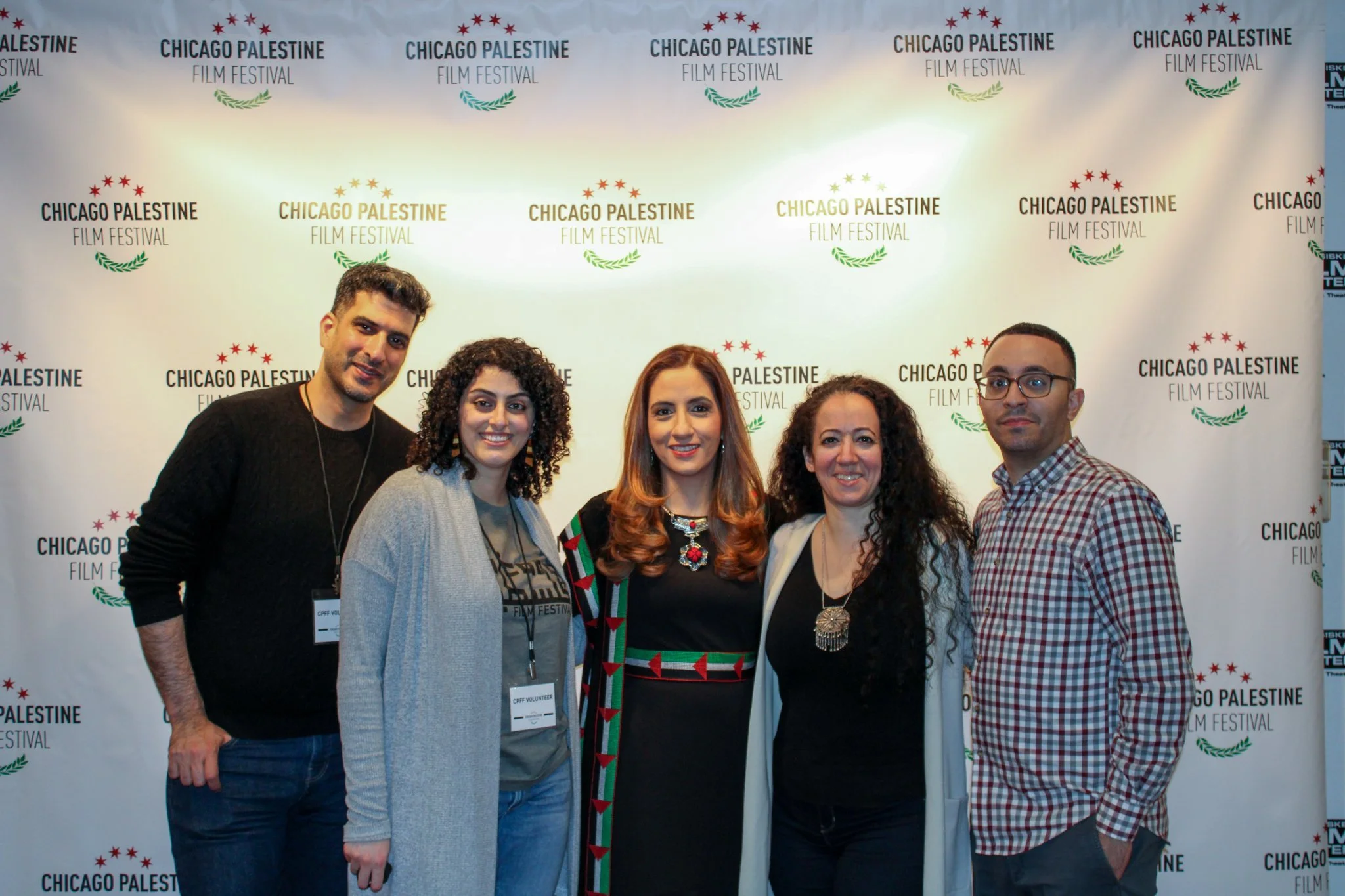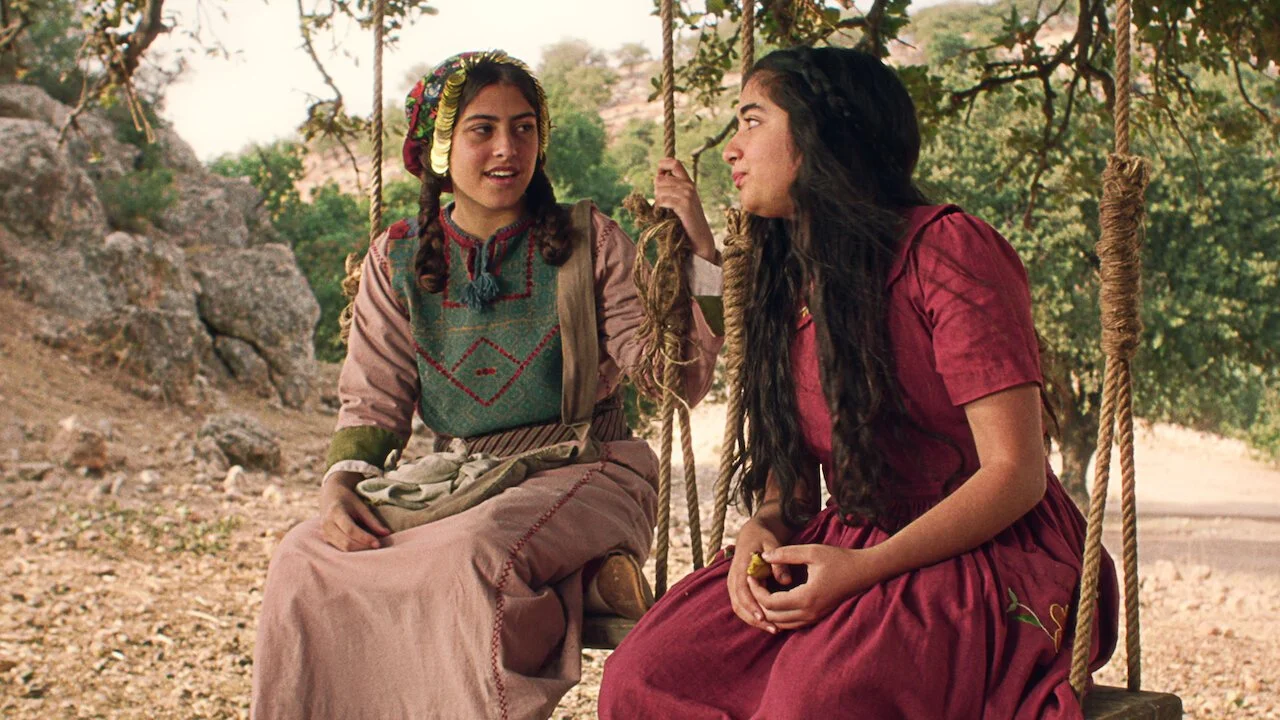Palestinian you should know: Colette Ghunim
The following was originally published in the Palestine in America Film Edition. Please support our work by ordering a print copy, downloading a digital edition or becoming a subscriber.
Colette Ghunim is a Palestinian and Mexican filmmaker who co-directed The People’s Girls, a 2016 documentary that garnered millions of views for its exploration of street harassment in Egypt.
Ghunim is currently accepting requests for film festivals to screen her most recent and highly anticipated work, Traces of Home, a documentary about her family that “explores migration, trauma and identity through an intimate family journey.” After years in the making, the film is expected to be completed by fall 2023.
Ghunim joined the Palestine in America podcast to discuss Traces of Home, her past work and what it was like visiting Palestine and Mexico.
Where are your parent(s) from in Palestine?
My father is from Safed, Palestine, on the 1948 side near the border of Lebanon.
What’s your earliest memory of a movie or show that resonated with you?
If we are going all the way back, one of the first shows I watched was on the Disney channel called "Out of the Box", where they would create different arts, crafts and games from various materials. I think it was the start of exploring my own identity as a creator, being able to build worlds with my own imagination at home.
When did you decide you were going to pursue your dream of being in the arts?
As the daughter of a wedding videographer, cameras were omnipresent throughout my entire childhood, yet I never imagined how integral they would become in my work as a filmmaker. By providing me with the opportunity to benefit from a high-quality education and the freedom to pursue my own aspirations, my camera has become my voice.
I graduated with a degree in Communication Studies from Northwestern University and am [currently] based in Chicago. After volunteering at a film festival while studying abroad in Cairo, Egypt, I was compelled to pursue documentary filmmaking as my own career. In 2016, I co-directed a short, The People’s Girls, which investigated street harassment in Egypt and garnered over 2 million views globally.
My life’s mission is to promote inclusivity through filmmaking. My goal is to create effective and compelling narratives for broadcast on public television, educational distribution, and impact campaigns that accurately portray ignored or marginalized communities throughout the world. As a communications and cultural bridge-builder, I seek to bring these stories to audiences that may have little knowledge of the social issues others are facing.
Is there an experience you’ve endured that highlights the Palestinian experience in the film industry?
Comparing the planning process to film in Mexico versus [filming in] Palestine was incomparable. Thinking through border entries, how we would get the footage out, how to ensure we don't get denied upon entry by the Israeli customs-–all these measures that intentionally make it extremely difficult for any Palestinian in the diaspora to return to their homelands to visit. The experience made me realize what Palestinian filmmakers must go through to get their stories told from the land itself; risking losing not only their films, but their privileges and even lives by telling the truth of the situation on the ground.




